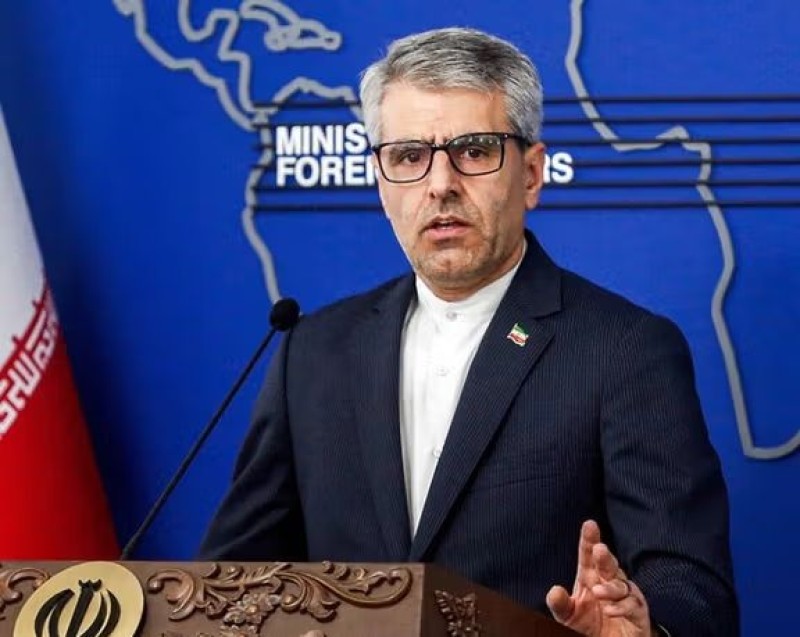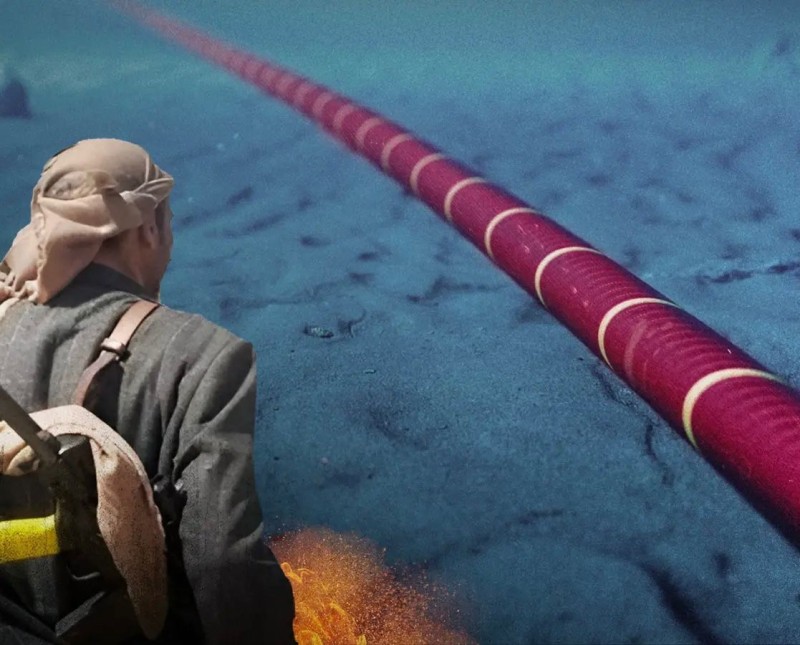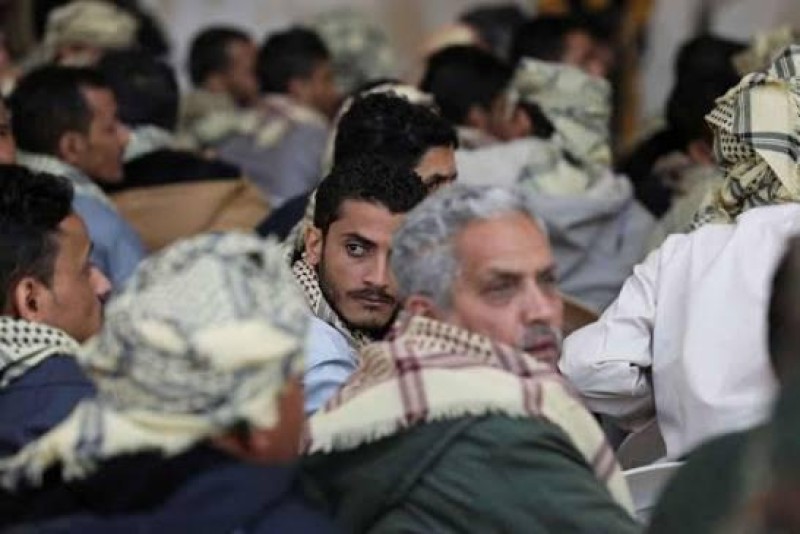Yemen's Huthis sentence model to five years in prison


Yemen's rebel Huthi movement has sentenced a model to five years in prison over "drug abuse" and "prostitution", charges rejected by her defense and condemned by rights groups.
Entisar al-Hammadi, 20, was arrested in February at a checkpoint while on her way to a photo shoot in the capital Sanaa.
The Iran-backed Huthis took over Sanaa in 2014 and have been enforcing a morality campaign, particularly against women.
Rebel news agency Saba reported the five-year sentence late Sunday after a ruling by a court in Sanaa.
Hammadi's trial began in June in a procedure described by Human Rights Watch (HRW) as riddled with "irregularities and abuse".
According to her defence, Hammadi's popularity on social media, where she has thousands of followers, was the real reason behind her arrest.
Afrah Nassar, a Yemen researcher at HRW, tweeted to condemn the verdict: "The sentence is unfair and politically motivated."
In July Hammadi tried to commit suicide in a Sanaa jail run by the rebels, according to a rights group and her lawyer.
Born to an Ethiopian mother and Yemeni father, Hammadi has posted dozens of pictures on line in traditional costume, jeans or leather jacket, both with and without an Islamic headscarf.
She has thousands of followers on Instagram and Facebook.
According to HRW, Hammadi had worked as a model for four years and acted in two Yemeni TV series last year.
Amnesty International said in May that upon her arrest, Hammadi was "interrogated while blindfolded, physically and verbally abused, subjected to racist insults and forced to 'confess' to several offenses -- including drug possession and prostitution".
Violence against women, especially in Huthi-controled areas, has been on the rise since Yemen plunged into a civil war in 2014 that the United Nations says has created the world's worst humanitarian crisis.
The Huthis control much of the north of the country, whose internationally-recognized government is backed by a Saudi-led military coalition.

Tehran — Iranian Foreign Ministry spokesman Ismail Baghaei has voiced concern over the latest developments unfolding in Yemen, particularly i…

A new media report has revealed that Google is embarking on a major subsea cable initiative, dubbed Blue Raman, in a strategic move to establish a…

Muscat – Thousands of Yemeni families are anxiously watching the ongoing prisoner exchange talks in Muscat, Oman, hoping for a breakthrough t…